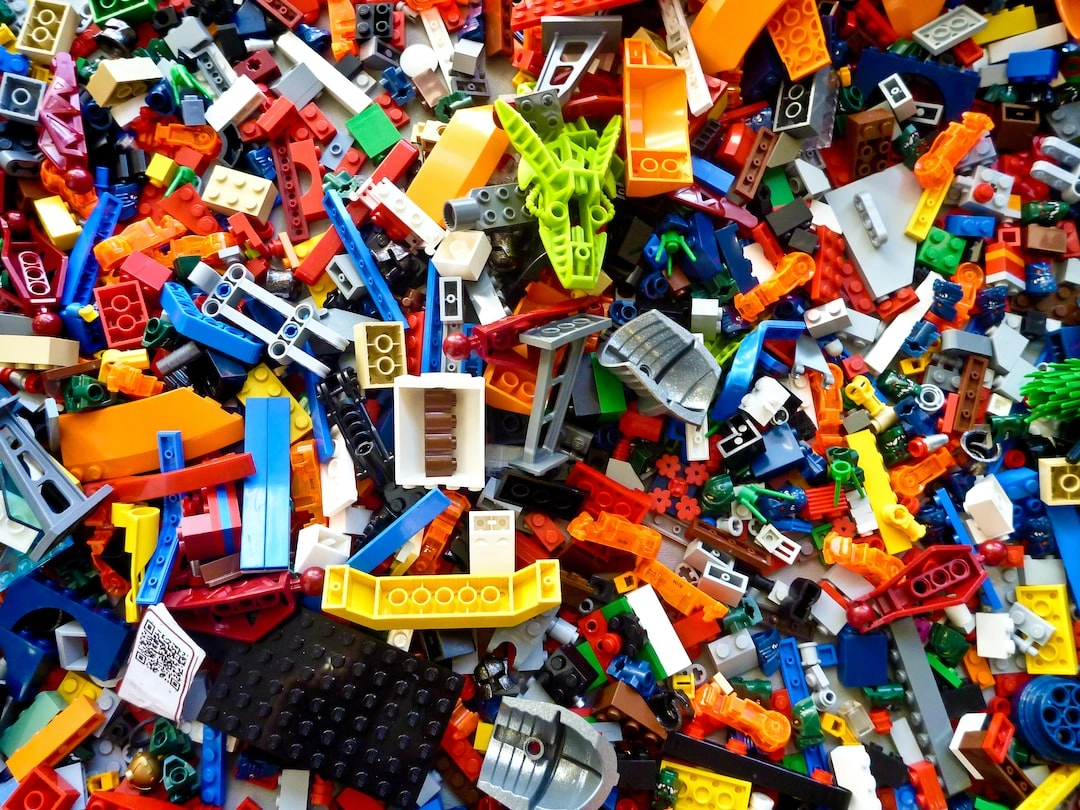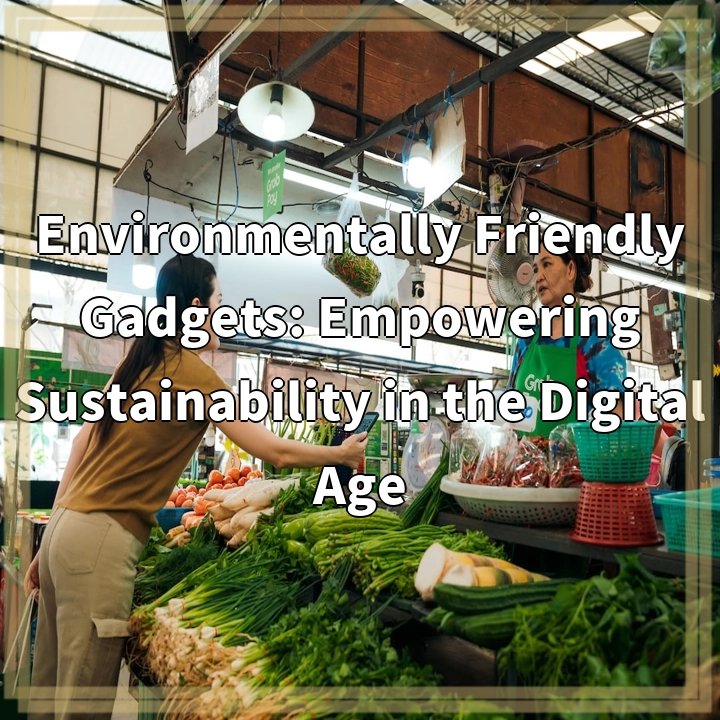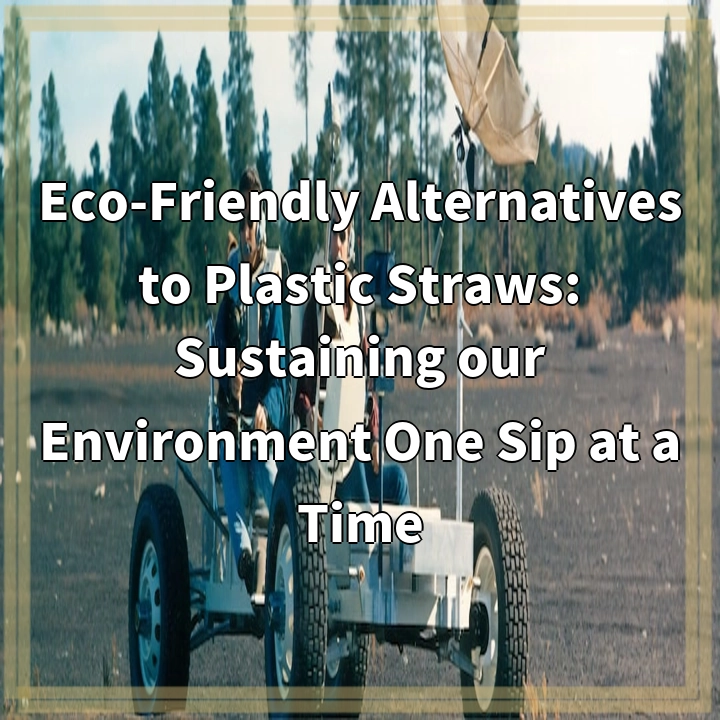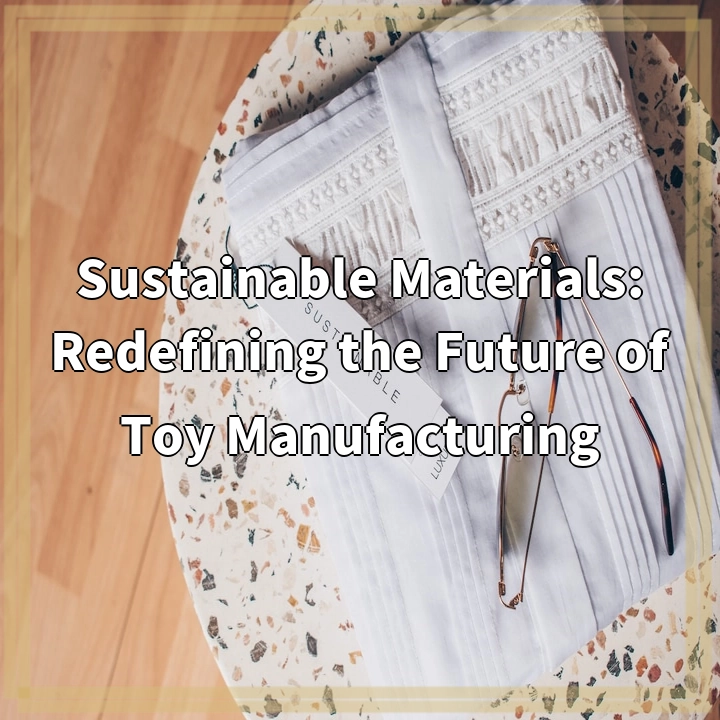
What it is:
In recent years, there has been a growing movement towards sustainability in various industries, and toy manufacturing is no exception. Sustainable materials in toy manufacturing refers to the use of eco-friendly and non-toxic substances to create toys that have a reduced impact on the environment and human health. Rather than relying on traditional materials, such as plastic derived from fossil fuels, manufacturers are exploring alternative options that are both safe for children and more sustainable throughout their lifecycle.
Real-World Problems:
Conventional toy manufacturing often poses significant environmental and health challenges. Here are some of the real-world problems associated with non-sustainable materials:
1. Plastic pollution:
Traditional plastic toys contribute to the global plastic pollution crisis. These toys are typically made from non-biodegradable plastics, which often end up in landfills or pollute natural ecosystems, including rivers and oceans. Plastic waste harms wildlife, disrupts ecosystems, and takes centuries to decompose.
2. Chemical exposure:
Many conventional toys are manufactured using harmful chemicals, such as phthalates, lead, and bisphenol-A (BPA). These substances have been linked to adverse health effects, including hormonal disruption, developmental issues, and increased risk of certain diseases. Children, who are more vulnerable to such risks, come into direct contact with these toys daily.
3. Resource depletion:
The mass production of toys using non-renewable resources, such as petroleum-based plastics, contributes to resource depletion. As these materials are extracted and processed, they contribute to greenhouse gas emissions, air pollution, and habitat destruction.
Thankfully, the toy industry is recognizing these challenges and actively working towards sustainable solutions. Through the use of eco-friendly materials and innovative manufacturing processes, toy manufacturers are aiming to redefine the future of the industry, addressing these real-world problems while still providing children with safe and enjoyable play experiences.
Sustainable materials in toy manufacturing offer a promising path forward, not only in terms of reducing environmental impact and protecting human health but also in cultivating a sense of responsibility and eco-consciousness in the younger generation. By embracing these alternatives, we can create a world where toys are not just sources of joy and entertainment but also agents of positive change.
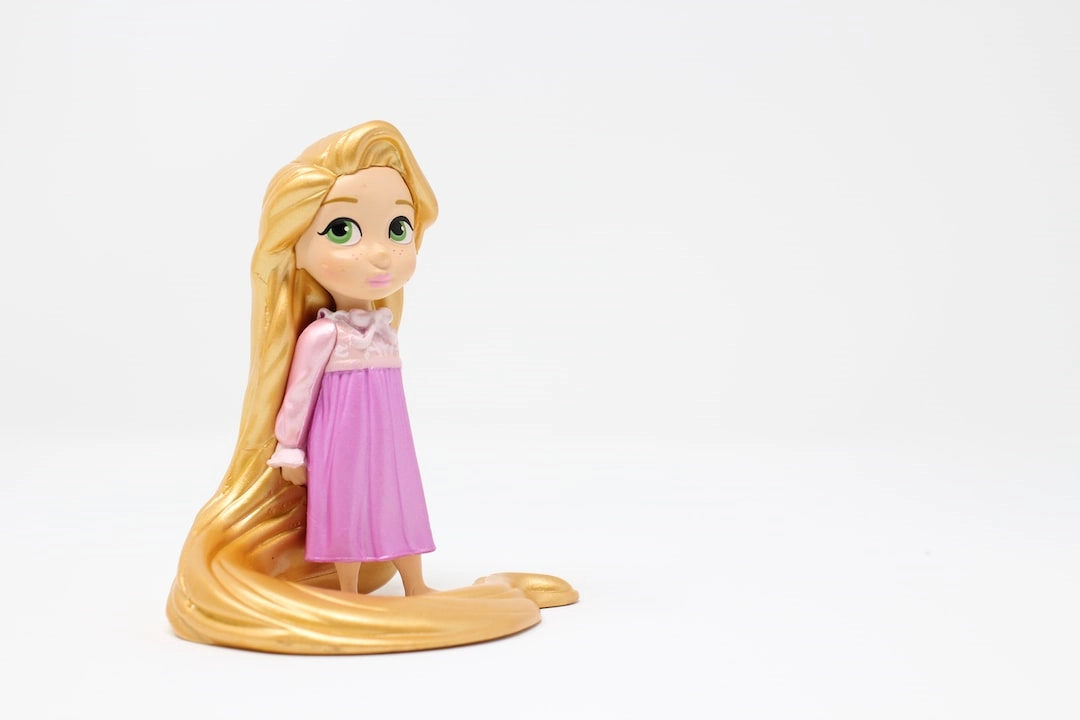
Solutions for Sustainable Toy Manufacturing:
As the toy industry faces the challenges associated with non-sustainable materials, several solutions are emerging to promote sustainable toy manufacturing:
1. Eco-friendly materials:
Toy manufacturers are exploring and utilizing eco-friendly materials, such as sustainably sourced wood, natural fibers, and bioplastics made from renewable resources. These materials are biodegradable, reducing the environmental impact and potential harm caused by traditional plastics.
2. Non-toxic alternatives:
Manufacturers are adopting non-toxic alternatives to harmful chemicals commonly found in toys. They are using water-based paints and natural dyes instead of lead-based paints, phthalate-free plastics, and BPA-free materials to ensure the safety of children and the environment.
3. Renewable energy:
Toy manufacturers are transitioning to renewable energy sources for their production processes. Switching to solar or wind power reduces greenhouse gas emissions, minimizes air pollution, and supports a more sustainable energy future.
4. Lifecycle considerations:
Sustainable toy manufacturing takes into account the entire lifecycle of a toy, from design to disposal. Companies are focusing on creating toys that are durable, repairable, and recyclable. They are also investing in toy take-back programs to ensure proper recycling and waste reduction.
These solutions offer a way forward for the toy industry to adopt more environmentally friendly and socially responsible practices. By prioritizing sustainable materials, non-toxic alternatives, renewable energy, and lifecycle considerations, toy manufacturers can help redefine the future of the industry while providing children with safe and sustainable play experiences.
Through these collective efforts, we can create a world where toys not only bring joy and laughter but also contribute to the well-being of our planet and future generations.
